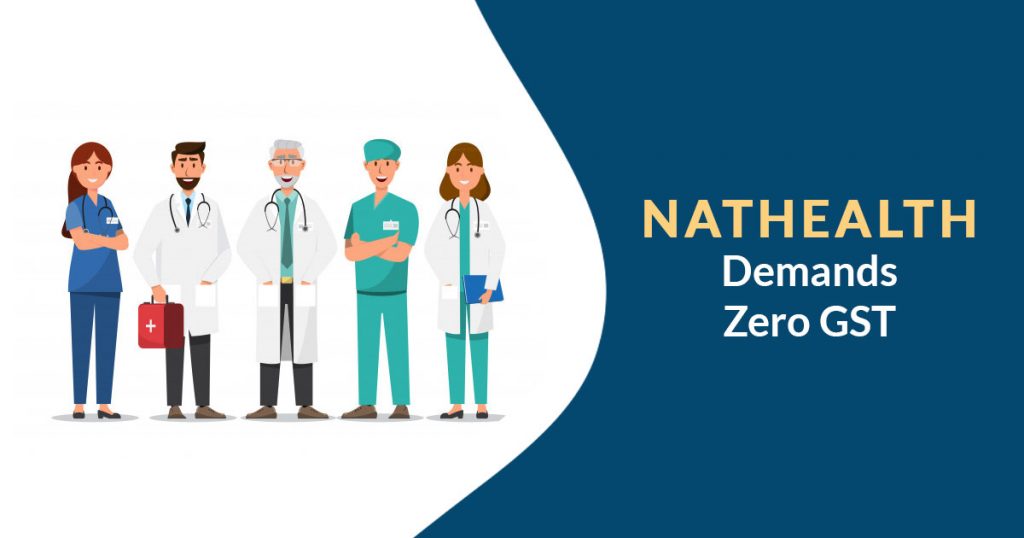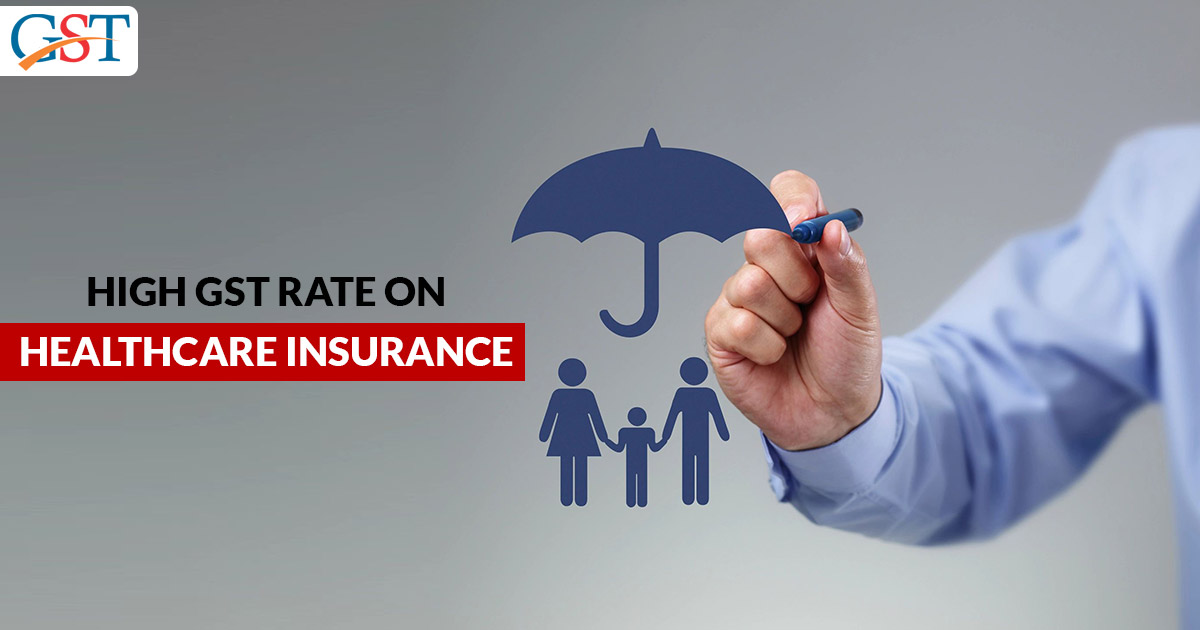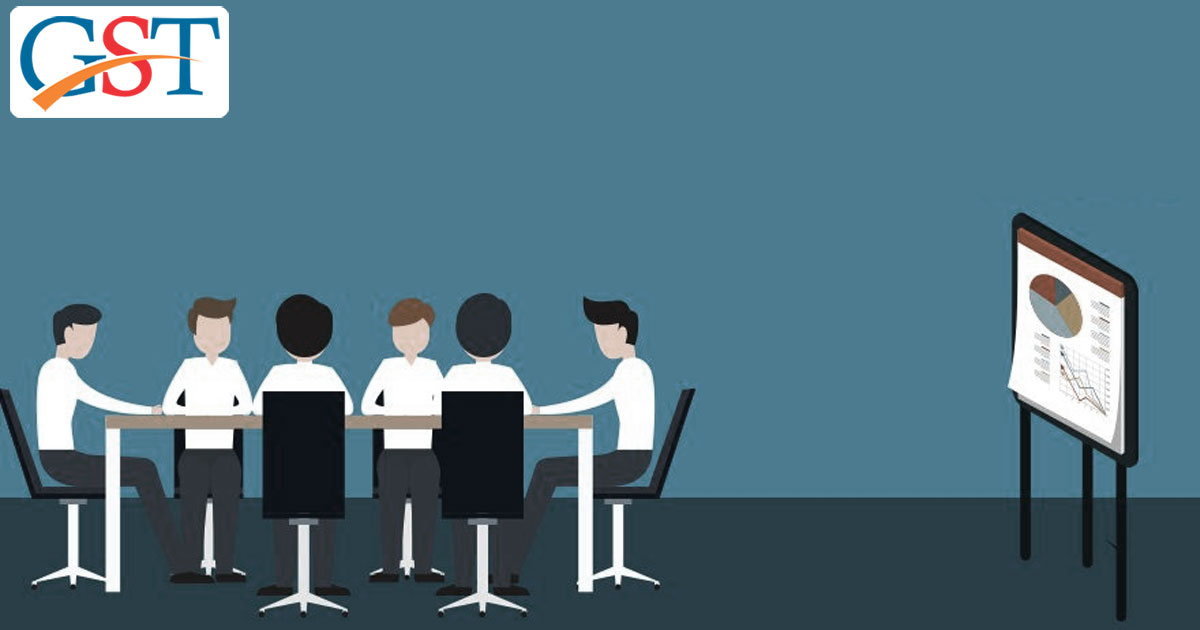
The Government of India (GOI) has received a proposal to include the healthcare services under GST 
Besides, the NATHHEALTH has recommended keeping the Healthcare sector at priority as this will help the government meet its long-term funding & fiscal needs.
Top healthcare industry body of India – NATHEALTH, proposed for the building potency in Tier-II and III cities which will serve to the rising appeals for quality healthcare services in rural & backward areas also, in its pre-budget suggestions.
NATHEALTH expressed the expectations of the healthcare industry saying, “the Union Budget 2020-21 will be announced keeping in focus the incentives for medical value tourism, zero-rating GST on healthcare services and health insurance premiums”.
In a joint memorandum with FICCI, NATHEALTH stated that if healthcare input services are made free from GST then it would unseal the differential input credit and will reduce the expenditures for every nursing homes, hospitals, clinics, diagnostic centres and other centres which are engaged in providing health care services and thus cost so saved will be turned over to the end consumers in the form of lower cost of care.
Read Also: High GST Rate on Healthcare Insurance Seems Inappropriate: Activist to Modi 
“Rationalization of GST for healthcare input services would lead to the unlocking of the differential input credit and will ease costs for all healthcare providers including nursing homes, clinics, hospitals, and diagnostic centres,” NATHEALTH said in a joint memorandum with FICCI. “This saving will be passed on to the end consumers and will lower the cost of care,” it added.
As per GST Law 2017, there is no GST payable on Health care services by a clinical establishment, an authorized medical practitioner or para-medics. This signifies the ineligibility of healthcare service providers to avail credit on the input taxes paid by them. This ultimately becomes a cost for healthcare service providers which surpasses the government’s objective to offer healthcare services at easy-affordable costs.
“Since GST is not payable on healthcare services, healthcare service providers are not eligible to avail credit on the input taxes paid by them, which ultimately becomes a cost for the service provider. Under the current GST regime, the net impact of revised GST rates 
He also said, “As this incremental cost is ultimately borne by the patients, it defeats the intention of the government to provide affordable healthcare services.”
Suggestions for additional tax-related incentives by the Government of India were also made so that the hospitals can be in tune with technological advancements and their potentials to re-invest can be bolstered.
“The government needs to provide tax incentives for both existing and new projects. In our pre-budget recommendations also, we have strongly recommended that to spur investment in the sector, the government could consider a tax holiday period of 15 years for hospitals. The length of the period of exemption needs to be longer, as new hospitals take at least five to seven years to start earning returns, after recovering interest and depreciation. For existing projects incentives can be given for ten years, to support re-investment in capacity and technology upgrades,” he further added.